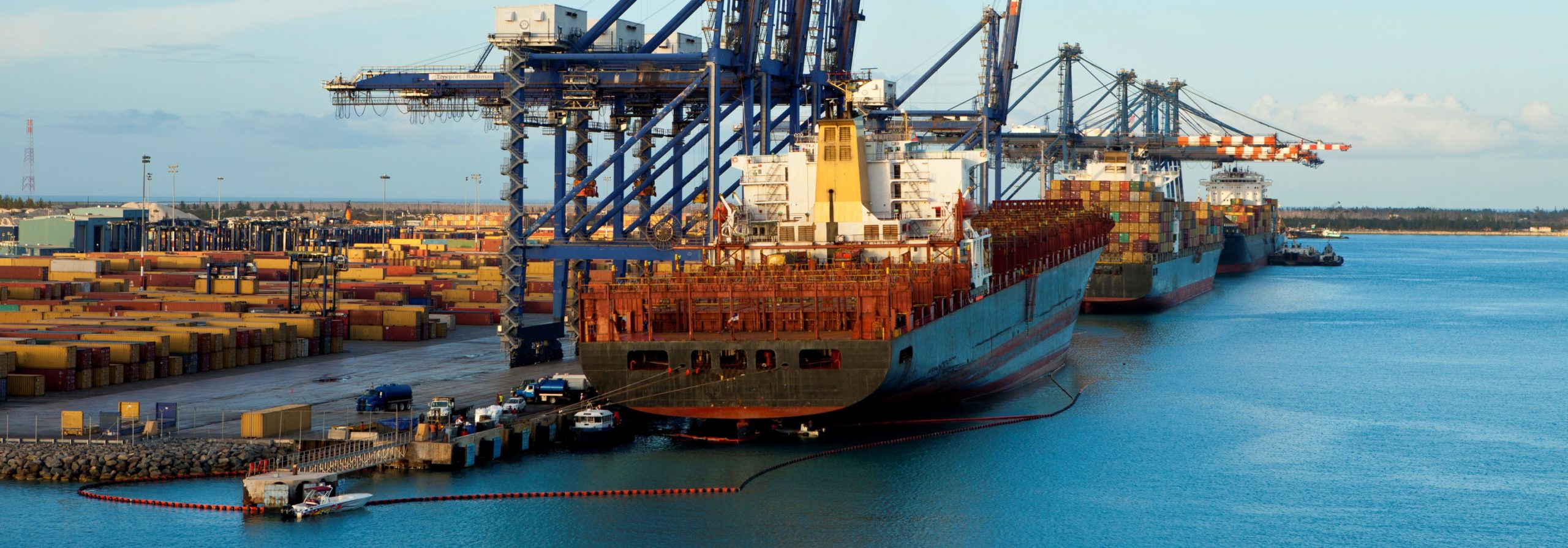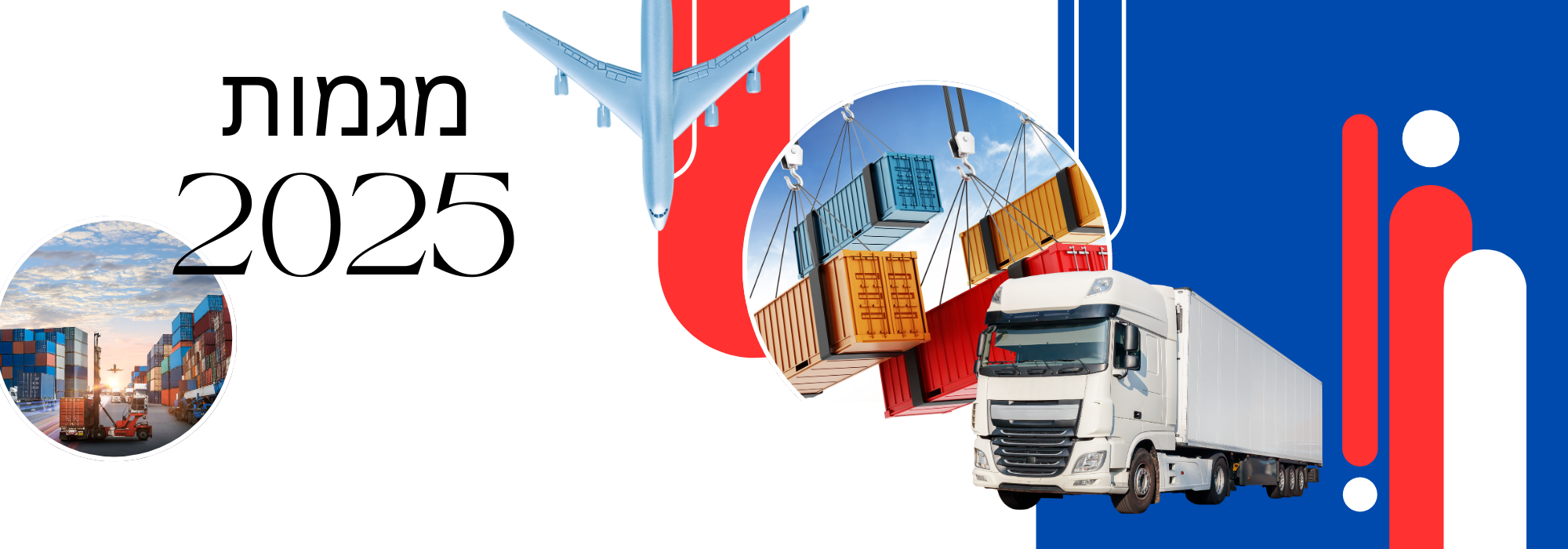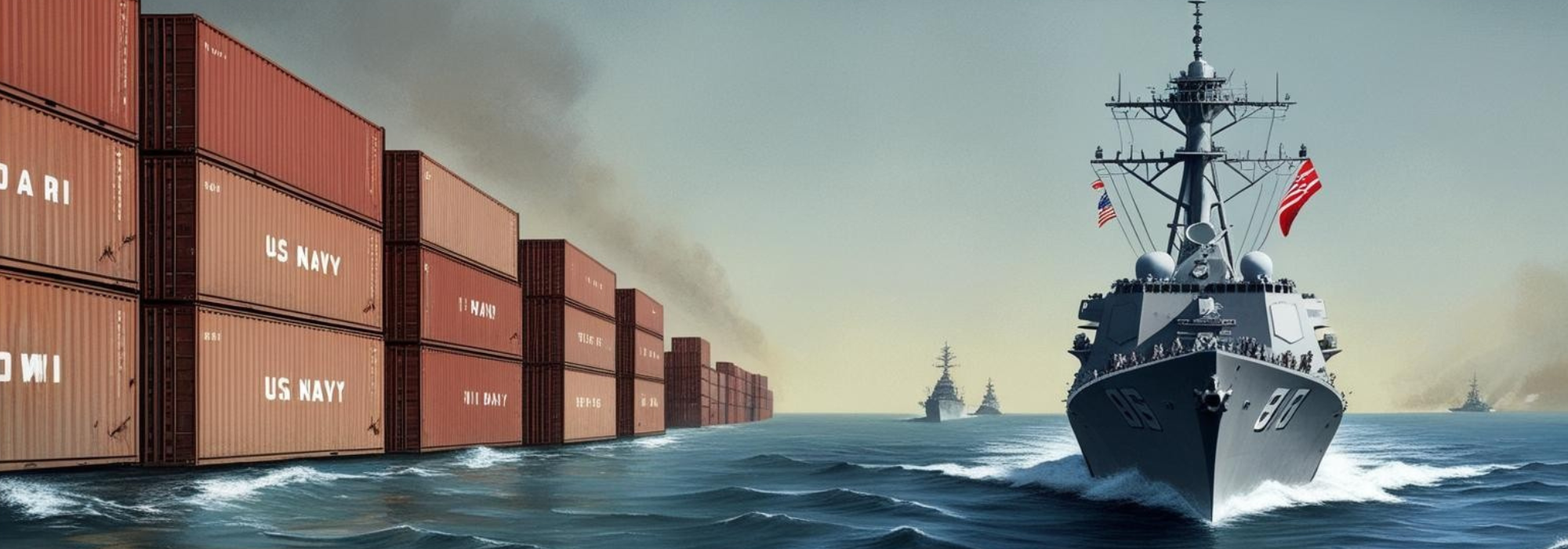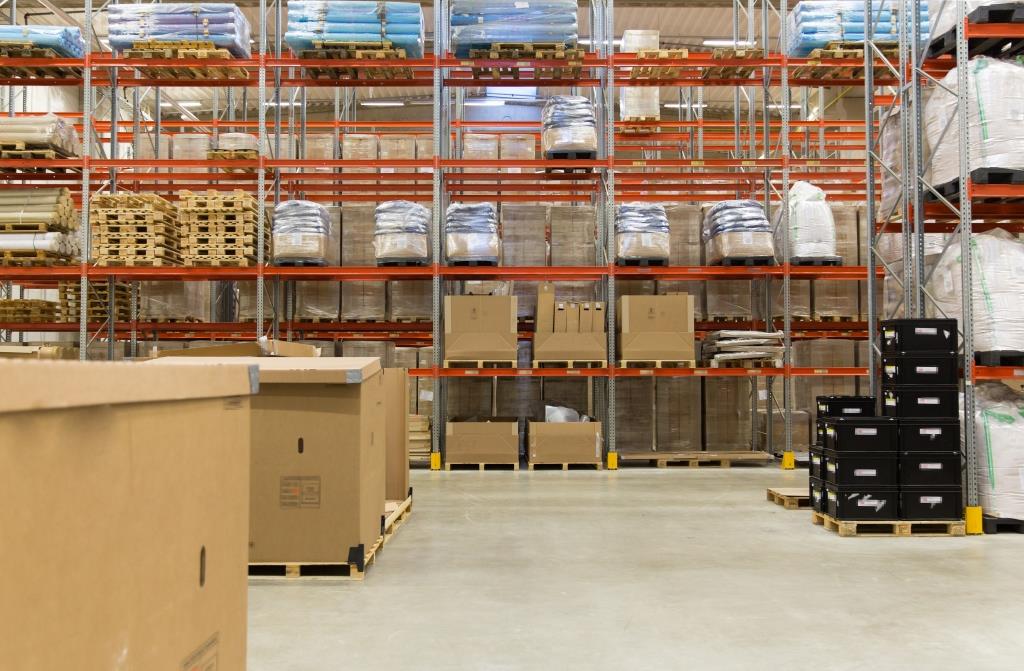
Classification of goods for personal import
There are three levels of goods classification for personal import used by the various Government Ministries.
1. Level A: goods that are not subject to any conditions for personal import:
Import of goods at this level is exempt from the requirement to furnish a certificate or compliance with any conditions whatsoever in order to clear the goods from customs, apart from the consumer’s declaration at the time of receipt of the goods to the effect that the goods are for personal or family use only and are not intended for supply, manufacture or provision of services.
2. Level B: a declaration is required at the time of receipt of the goods:
For personal import of goods at this level, a declaration will be required at the time of receipt of the goods to the effect that the consumer is aware that the product has not been tested by the competent authority.
The consumer will not be required to declare the product’s compliance with the conditions defined by the competent authority.
3. Level C: conditions exist for clearance of the goods from customs:
Goods that the competent authority has determined are liable to harm public security, or personal safety or health.
As a condition for clearance of these goods from customs, the competent authority will require performance of one of the following:
- Inspection of documents pertaining to the goods
- Physical testing of the goods
At the end of the test, the competent authority will decide whether the goods can be cleared from customs.
The consumer is not charged for such testing, but should the consumer so choose, it may have the goods tested by a laboratory accredited by the Israel Laboratory Accreditation Authority or any other entity that is a member of ILAC (International Laboratory Accreditation Cooperation).
More related articles...
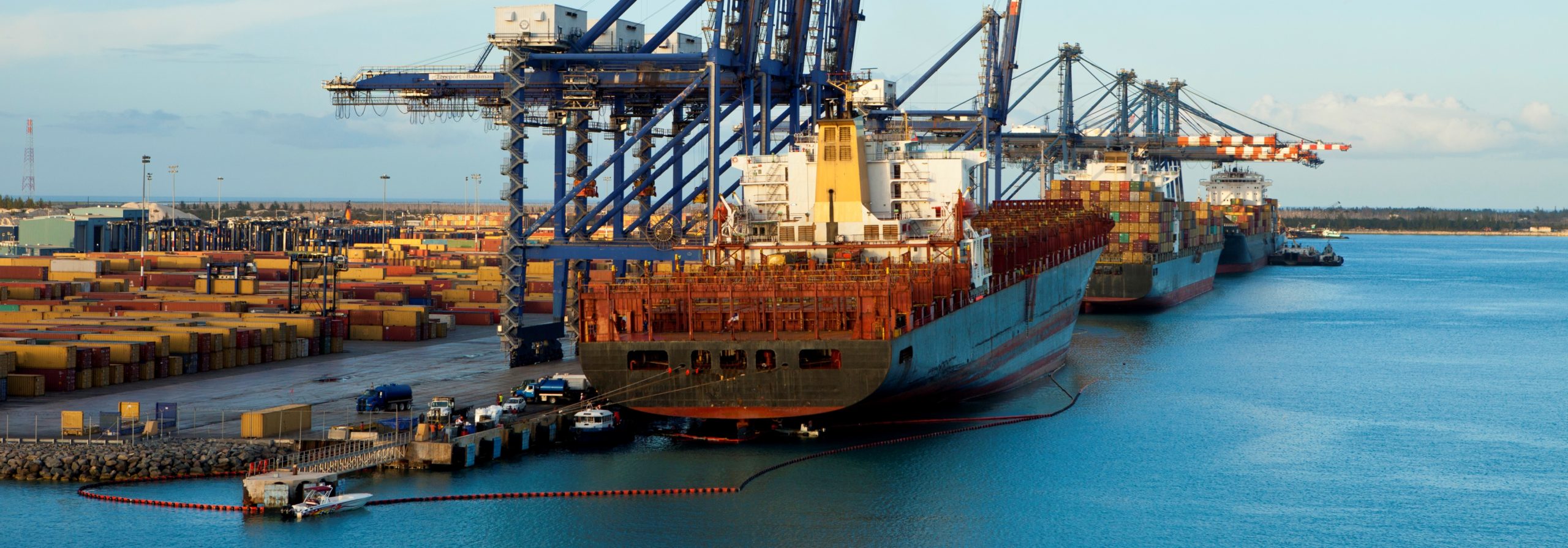

Container Exports – Important Information
The global trade market significantly relies on containers—giant metal boxes that allow for the safe and efficient transport of cargo worldwide. When discussing the export


Common Import Pitfalls – How to Avoid Surprises at Customs?
Introduction The world of importing is one of the most fascinating and dynamic fields in the global economy. As the world becomes more interconnected and


The “What’s Good for Europe is Good for Israel” Reform Expands to the U.S.
The “What’s Good for Europe is Good for Israel” reform was approved by the Knesset with the aim of facilitating the import of products to
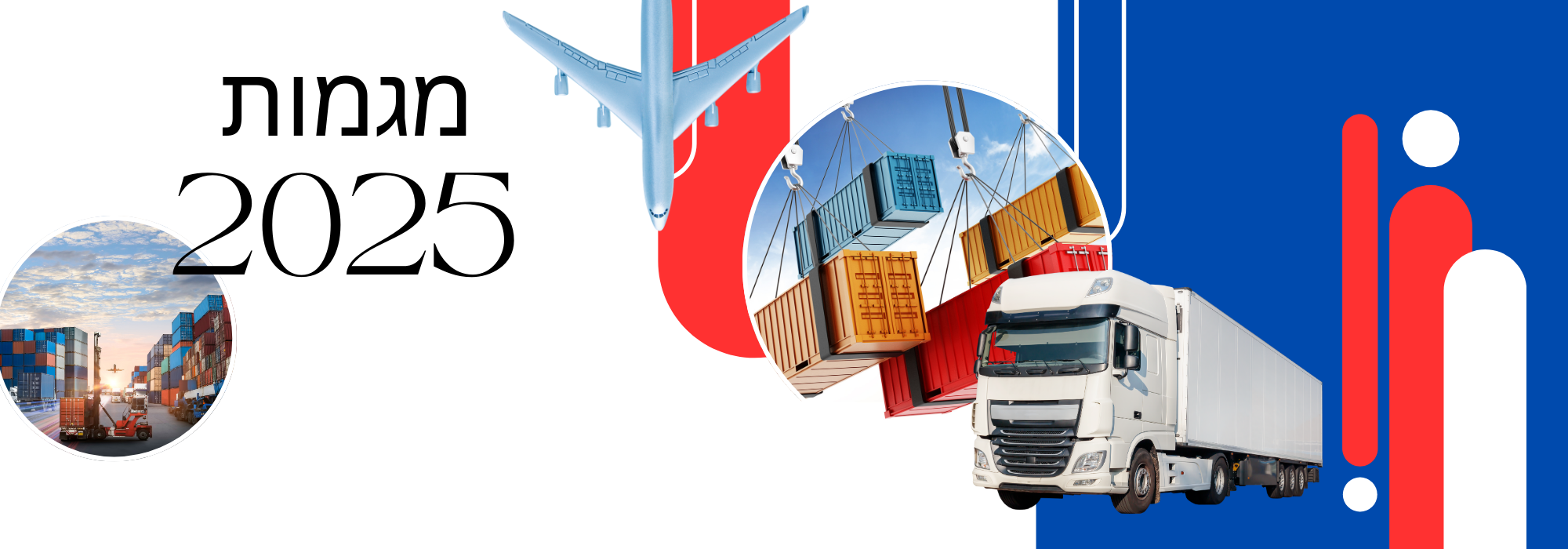

New Trends in Import, Export, Customs Clearance 2025
Below is a current overview of the trends and news affecting the fields of import, export, customs brokerage, and international shipping, with a look towards


Current Trends in International Trade and Their Impact on Local Businesses
Introduction – The Impact of Globalization on International Trade and Local Businesses International trade has undergone dramatic changes in recent decades, with globalization turning the
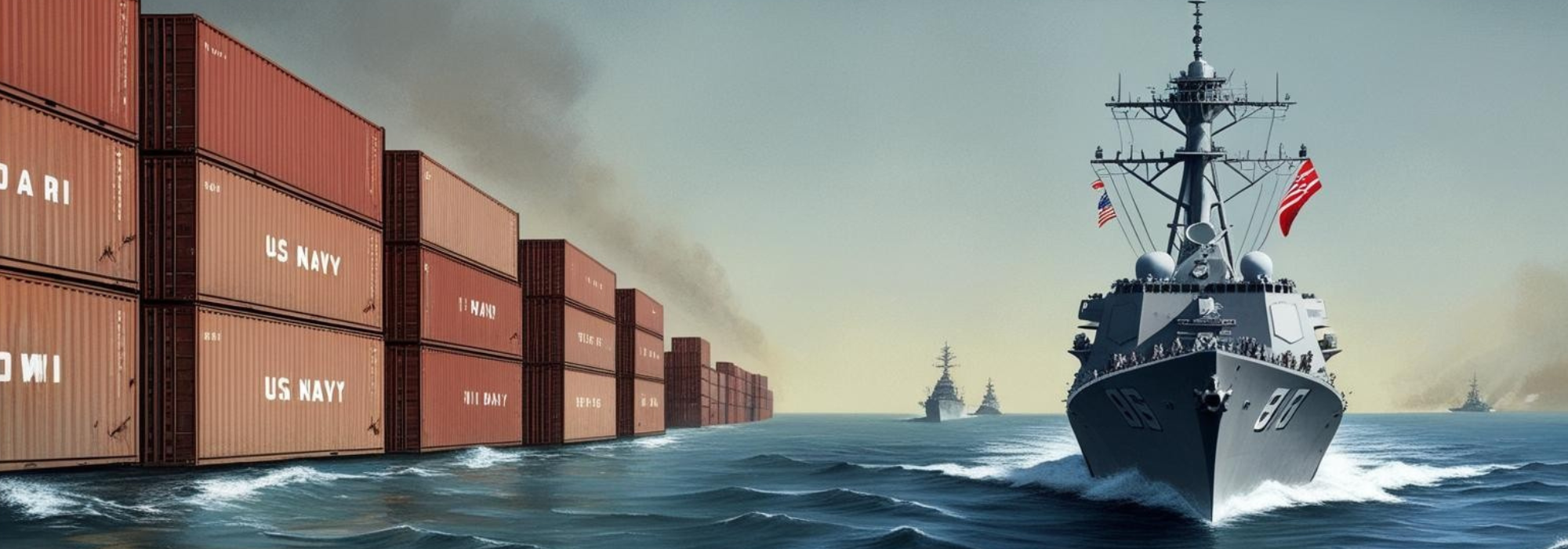

Tensions Escalate Amid Regional Conflicts and Maritime Disruptions
Abdul-Malik al-Houthi The leader of Yemen’s Houthi movement, Abdul-Malik al-Houthi, warned that his forces are ready to resume attacks on commercial vessels in the Red

